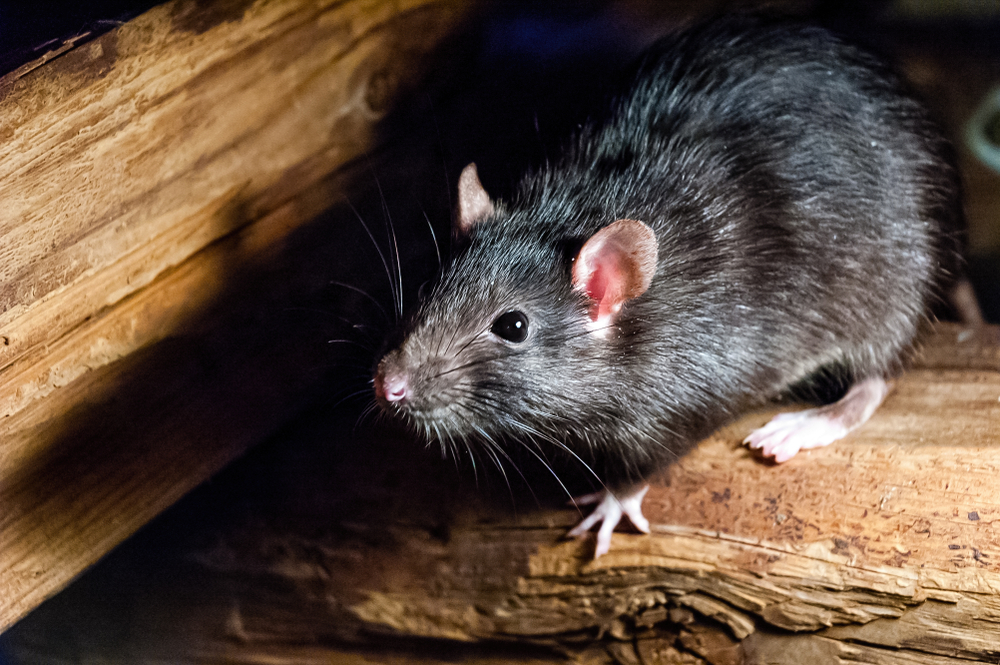Others are reading now
Recent scientific research has revealed a fascinating aspect of rats’ behavior, offering practical advice on how to avoid unwanted rat infestations.
The study, published in the scientific journal Science by researchers from the Howard Hughes Medical Institute in the USA, demonstrates that rats possess a form of imagination, enabling them to envisage future scenarios and destinations.
It means that rats can imagine what will happen in the future, and they can envision a place they are not at currently.
Virtuel reality
The study employed virtual reality and brain measurement tools to understand rats’ thought processes. Rats were placed in a 360-degree virtual reality arena on treadmills or running balls.
Also read
As they reached a designated goal in the arena, they received rewards, allowing researchers to observe activity in the rats’ hippocampus, a key memory center in the brain.
Even when the treadmills were switched off, the same brain activity was observed, suggesting that the rats could imagine their target destination.
The implications of this study for real-world situations are significant, especially as temperatures drop and rats seek warm shelters with food, often leading them indoors.
To prevent rats from entering homes, studies recommends ensuring a solid house foundation and intact sewer lines. Additionally, they advises caution when airing out homes and suggests several other practical measures:
-
Regularly check drains, sewers, and toilets for integrity.
-
Consider a TV inspection by a sewer specialist if there’s suspicion of damaged sewer pipes.
-
Install rat stops on sewer pipes.
-
Ensure metal nets are placed over vent pipes.
-
Keep doors and windows tightly sealed.
-
Avoid accumulating garbage in yards, basements, and attics.
These strategies can significantly reduce the likelihood of rats finding their way into homes, providing a more effective approach to managing potential infestations.








